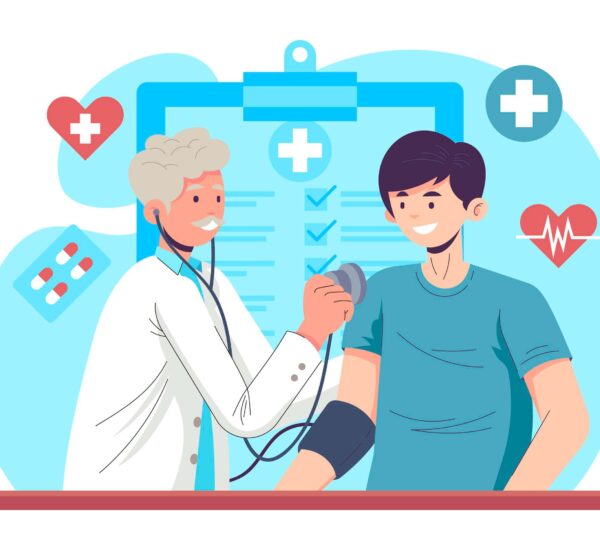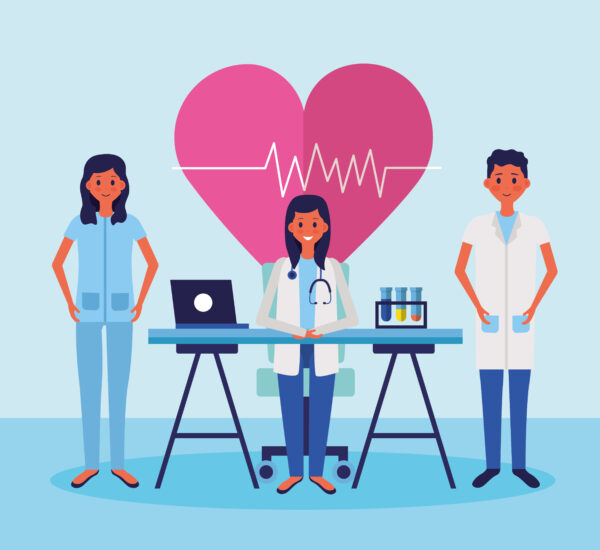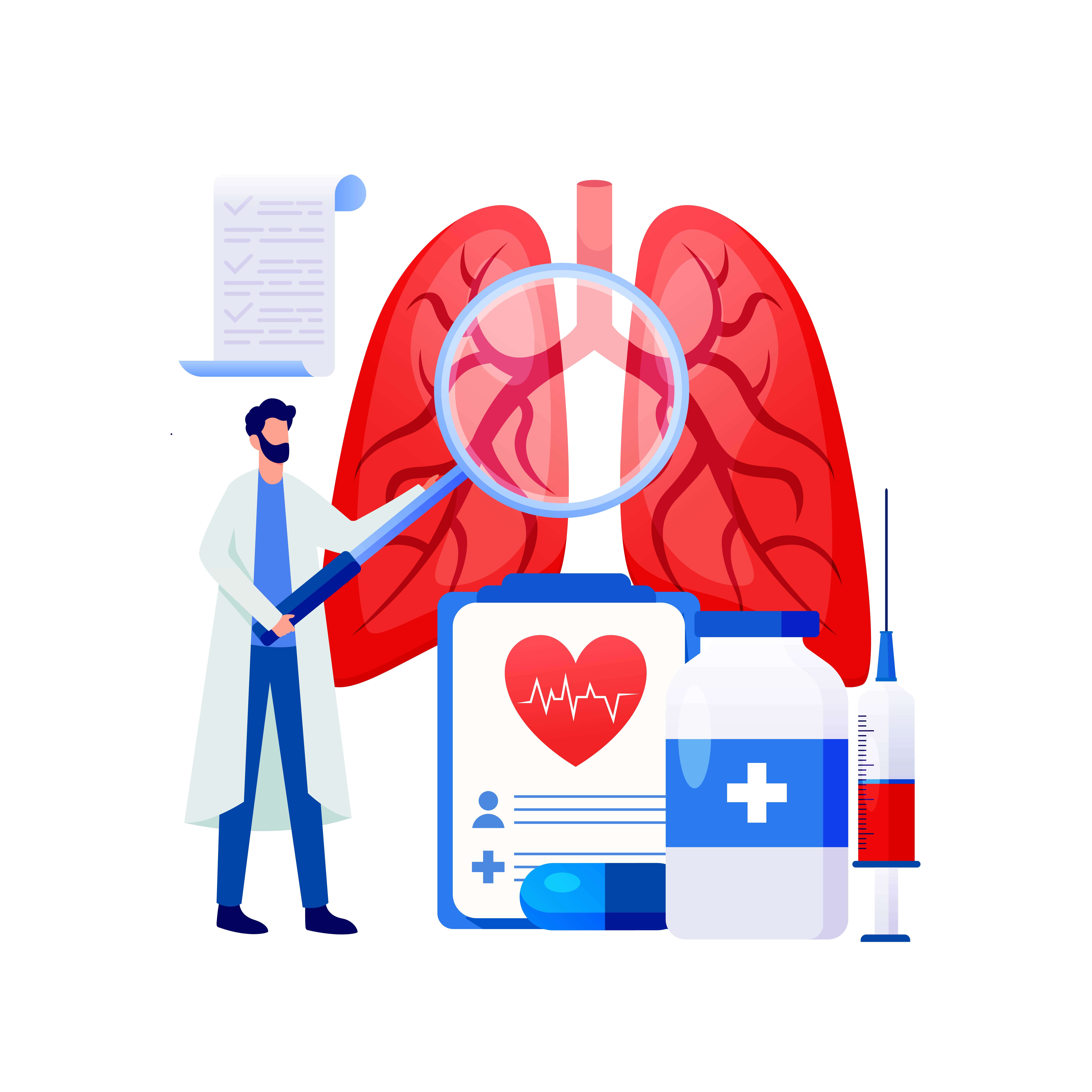As temperatures continue to rise, heat waves are becoming longer, more frequent, and more severe. PAGASA already released a warning to 30 areas under the dangerous heat index. The temperature may rise up to 46°C. This scorching temperature can put people at risk, especially those who go outdoors for work and other aspects.
With this great risk in health, understanding the dangers associated with extreme heat is crucial for protecting ourselves and our loved ones. In this blog, we will explore the health risks of heat waves and provide cooling tips to help you survive the scorching temperatures.
Understanding Heat Waves

Heat waves are not just a result of hot weather; they are a direct consequence of climate change. Rising global temperatures have led to an increase in the frequency, duration, and intensity of heat waves. A heat wave is defined as a prolonged period of excessively hot weather, typically lasting several days or even weeks. During a heat wave, both the temperature and humidity levels rise, making it even more uncomfortable and dangerous.
The high temperatures and extreme heat associated with heat waves can have a significant impact on human health. Prolonged exposure to these conditions can lead to heat stress, heat exhaustion, heat stroke, and other heat-related illnesses. It is important to understand the causes and effects of heat waves to effectively protect ourselves and our communities.
Health Warnings Associated with Heat Waves
Extreme heat waves pose serious health risks, particularly for vulnerable populations. The high humidity during the hot days can lead to the development of heat-related illnesses. Consecutive days of experiencing this temperature can be alarming as the body is forced to cool down, but can’t due to the weather.

The maximum temperature that the body can handle is between 40°C to 50°C. If it goes higher than that, it can potentially lead to death. It is essential to be aware of the immediate and long-term health impacts of heat waves to protect ourselves and those around us.
Immediate Health Impacts of Extreme Heat
Immediate health impacts of extreme heat include heat stress and heat stroke. Heat stress occurs when the body is unable to regulate its temperature, leading to symptoms such as excessive sweating, weakness, dizziness, and nausea. If left untreated, heat stress can progress to heat stroke, a life-threatening condition where the body’s internal temperature rises to dangerous levels. Severe symptoms of heat stroke include confusion, seizures, loss of consciousness, and even death. It is crucial to recognize the signs of heat stress and take immediate action to prevent heat stroke.
Long-Term Effects of Repeated Heat Wave Exposure
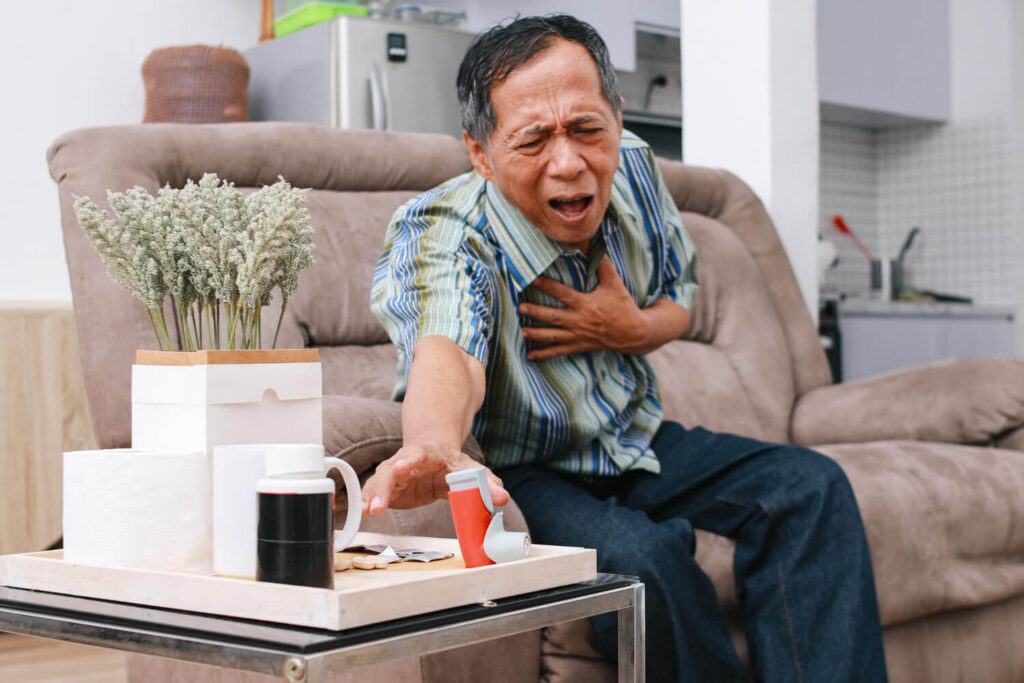
Repeated exposure to heat waves can have long-term effects on human health, especially in vulnerable populations like the relatively warm regions and. The strain on their body caused by prolonged heat stress can lead to various health problems.
Individuals who experience frequent heat waves may be at a higher risk of developing the following chronic conditions:
- cardiovascular diseases
- respiratory illnesses
- kidney problems
Moreover, vulnerable populations such as older adults and those with pre-existing health conditions may be more susceptible to the long-term effects of heat exposure. Understanding these long-term effects can help inform preventive measures and support systems for those at risk.
Identifying Vulnerable Populations
As mentioned, there are certain groups of people that can suffer the most due to heat waves. These people can be residing in warm regions, but most of all, vulnerable people like older adults, young children, pregnant women, and individuals with chronic illnesses.
Their case makes them more at risk as dealing with severe heat may involve the body working harder than usual just to cool down. If you belong in this demographic, seeking the help of a professional is vital.
Cooling Tips to Beat the Heat
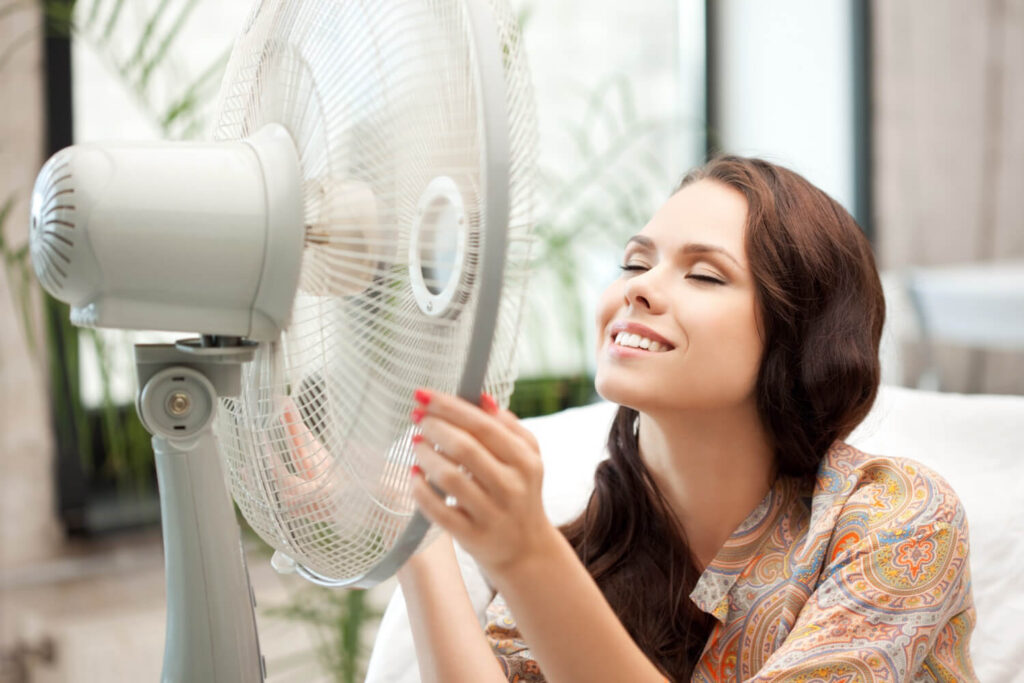
During heat waves, it is essential to stay cool and get hydrated to minimize the risk of heat-related illnesses. Doing so can help combat the consequences of experiencing excessive heat, which can involve asthma attacks or difficulty in breathing, panic attacks, severe headache, delirium, etc. When these scenarios occur, that only means that their body can’t handle the heat, and needs to cool down as soon as possible.
No one wants their life to be at stake, so here are some cooling tips to help you beat the heat:
Staying Hydrated
One of the best ways to lower the temperature of the body is through hydration. It is important to drink plenty of water throughout the day to avoid dehydration from too much heat. At the same time, people can also rely on hydrating foods like fruits and vegetables with high water content. Doing so will help the body feel refreshed, ready to work despite the raging heat.
Staying Under Shaded Area
In the case of workers that are constantly under the sun, it is important to never underestimate the air quality. Individuals may feel difficulty in breathing as the body requires more oxygen just to cool down. Thus, resulting in breathlessness. In that case, it is important to take shade as well to help regulate the body’s temperature when necessary.
Using Cooling Tools Like Air Condition and Fans
Another way to cool down the temperature of the body is through usage of fans or air conditioning equipment to regulate the heat. People can still feel the heat even indoors, so it’s ideal to utilize such cooling tools.
DIY Cooling Solutions
On the other hand, there can be cases where the individual has no access to cooling tools like fans and air conditioning equipment. With that, it’s important to think out of the box and make useful choices to relieve the heat before the condition of the body worsens.

The following methods can help you:
- Use a damp towel or bandana to cool your body by placing it on your neck, wrists, or forehead.
- Take cool showers or baths to lower your body temperature.
- Use cold compresses or ice packs on pulse points, such as the wrists, neck, and temples, to cool down quickly.
What to Avoid During a Heat Wave
It is important to be aware of common mistakes that can increase heat exposure and worsen the effects of a heat wave. By avoiding these mistakes, you can better protect yourself and minimize the risk of heat-related illnesses.
Common Mistakes That Increase Heat Exposure
- Spending prolonged periods of time outdoors during the hottest parts of the day
- Engaging in strenuous physical activities without taking breaks or seeking shade
- Wearing heavy or dark-colored clothing that absorbs heat
- Not seeking air-conditioned or cooler environments when necessary
Foods and Drinks to Avoid
- Avoid consuming excessive amounts of caffeine and alcohol, as they can dehydrate the body
- Limit your intake of sugary and salty foods, as they can disrupt the body’s electrolyte balance
Preparing for Future Heat Waves
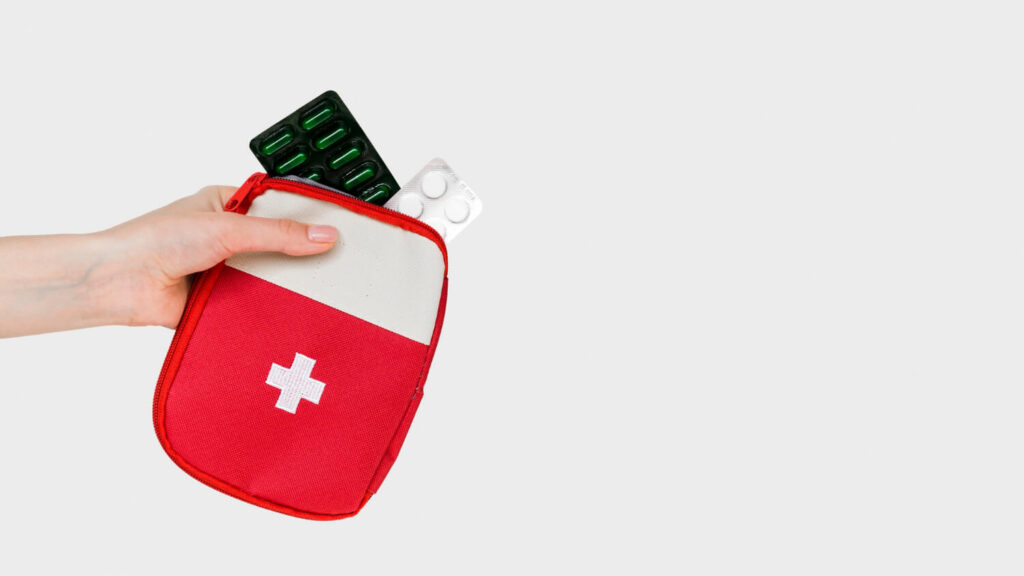
With the increasing heat index in the Philippines, it is crucial to prepare for future events. By planning ahead, you can ensure the safety and well-being of yourself and your loved ones. That involves preparing an emergency kit for life-threatening situations that involve extreme heat waves exposure.
At the same time, individuals can prepare better through learning more about the possible complications of heat. That may involve learning about the signs of heat induced conditions. Through broadening your knowledge, you can be more attentive about what step to take to cool down
Lastly, having an emergency plan such as knowing who to contact and where to go in case an alarming health risk occurs. It’s no secret that patients can develop critical conditions from heat like heat stroke. However, through knowing having reliable people to seek help in terms of this type of crisis, then you can address the condition before it worsens. Thus, allowing you to manage your health better.
When to Visit A Doctor

If you start experiencing symptoms such as dizziness, confusion, nausea, rapid heartbeat, or a throbbing headache during a heat wave, it is crucial to seek medical attention immediately. These could be signs of heat exhaustion or heat stroke, which require prompt medical intervention to prevent serious health complications.
Remember, your health and well-being should always come first. If you have any doubts about your condition during a heat wave, do not hesitate to visit a doctor or seek medical help without delay. It’s better to be safe than sorry when dealing with extreme heat and its potential risks to your health.
Final Takeaway
The scorching heat that we experience this summer is on a different level of heat waves from before. The heat index continuously rises, which brings health risks to numerous people. They experience alarming symptoms which result from too much exposure to heat. Unfortunately, the body can’t cope with it , which means assistance is essential to lower the body temperature.
If you are experiencing possible threats from too much heat, you can follow the cooling down tips discussed. However, if you think that these methods are not enough, don’t hesitate to seek immediate help when necessary.

